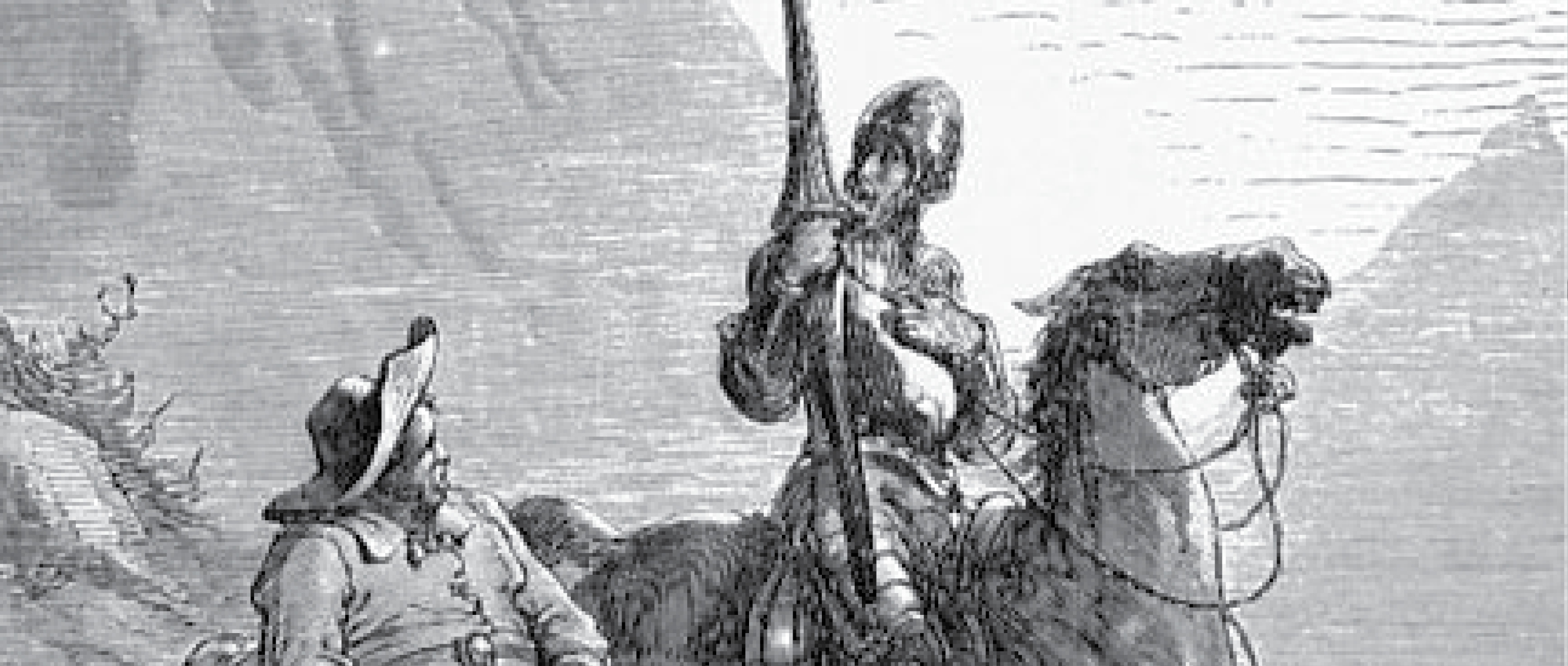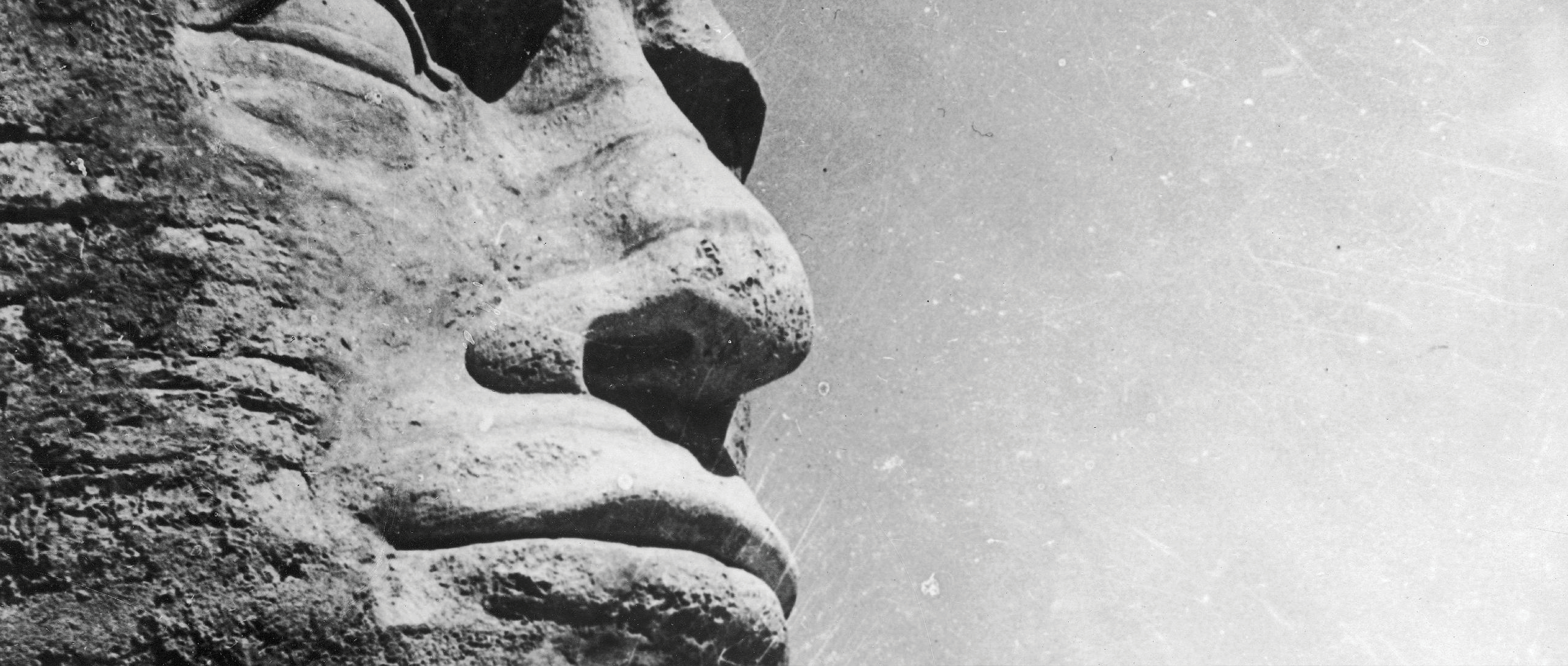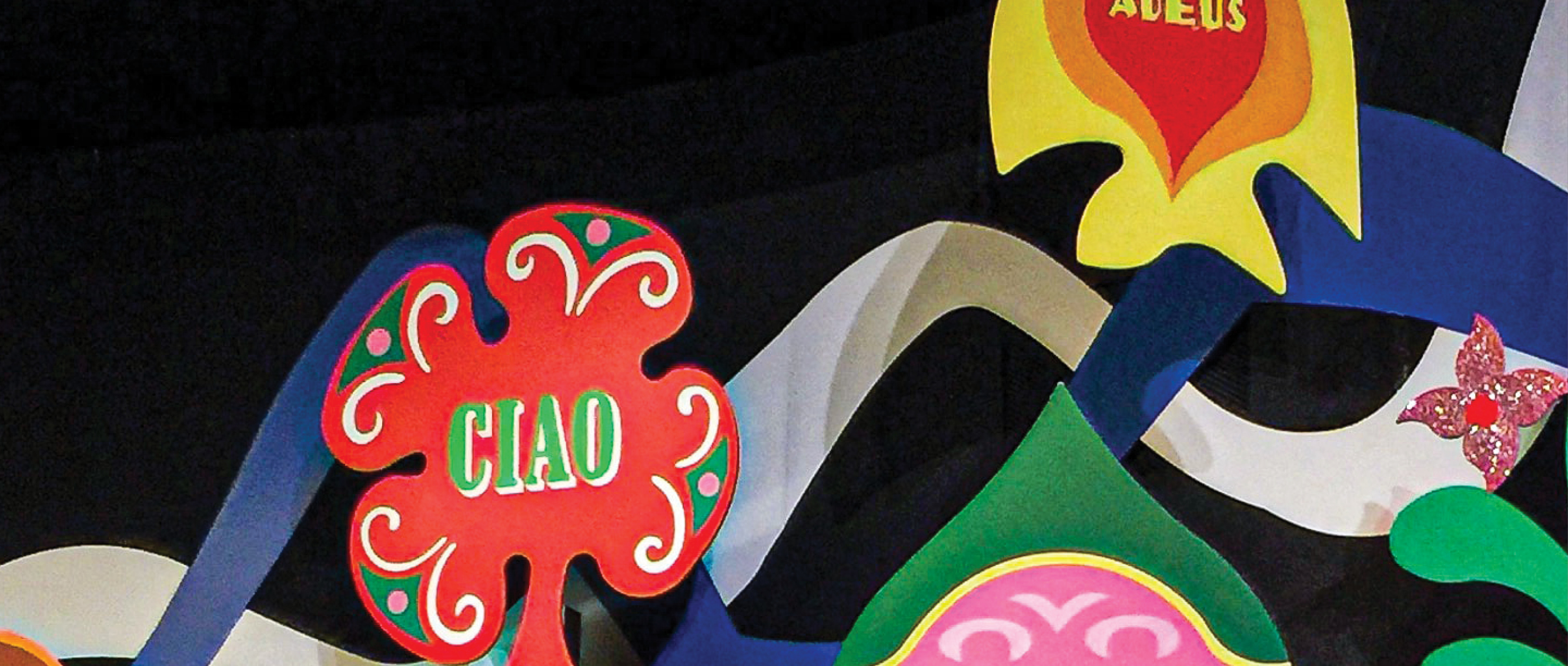Intensive Beginners’ Spanish
SPAN 103 is the first of a six-credit sequence of Intensive Spanish offered by the FHIS Department. The course, which is designed for highly motivated learners with previous experience in Spanish (i.e., BC Grade 11 or 12 Spanish) or other Romance languages, reviews the fundamentals of the Spanish language and expands on students’ existing language skills, (inter)cultural knowledge, and communicative capacity through a project-based approach. Throughout the semester, students will demonstrate an ability to listen to, discuss, read and write about everyday activities and plans in the present, past, and future, as well as explore different modes of speech (the imperative, the subjunctive) within the context of common tasks and situations and daily routines.
Language of instruction: Spanish
Prerequisite: Grade 12 Spanish or for native or near-native speakers of other Romance Languages
Student Engagement:
• In-class participation (15%)
Mis enfoques written and oral assignments:
• Listening + Dictation Exercise (10%)
• Proyectos (2 @ 7.5% each) (15%)
• Pair/Small-group Oral Interview (10%)
Course Evaluations:
• Supersite Weekly Assignments (10%)
• Lesson Quizzes (2 @ 7.5% each) (15%)
• Final Exam (in-person) (25%)
Total = 100%
Enfoques Digital eTextbook (6th Edition) and Supersite Plus, José A. Blanco (Vista Higher Learning, 2024).
Please note your Enfoques eTextbook + Supersite Plus code are valid for both SPAN 103 and SPAN 203. It is recommended that students who plan to enroll in both 103 and 203 buy the 12-month access.
Where do you purchase it? The Enfoques eTextbook and Supersite Plus code are available for purchase through the UBC Bookstore’s website.



